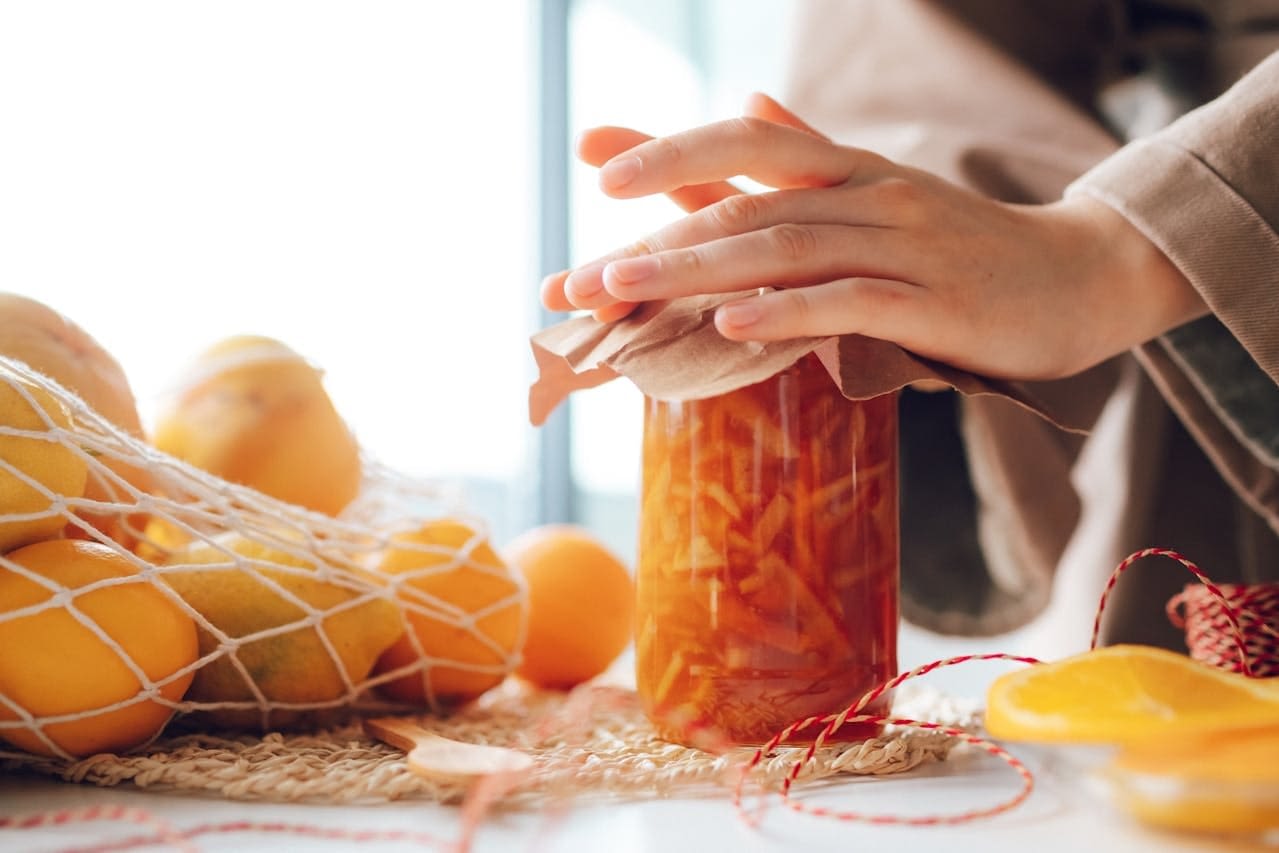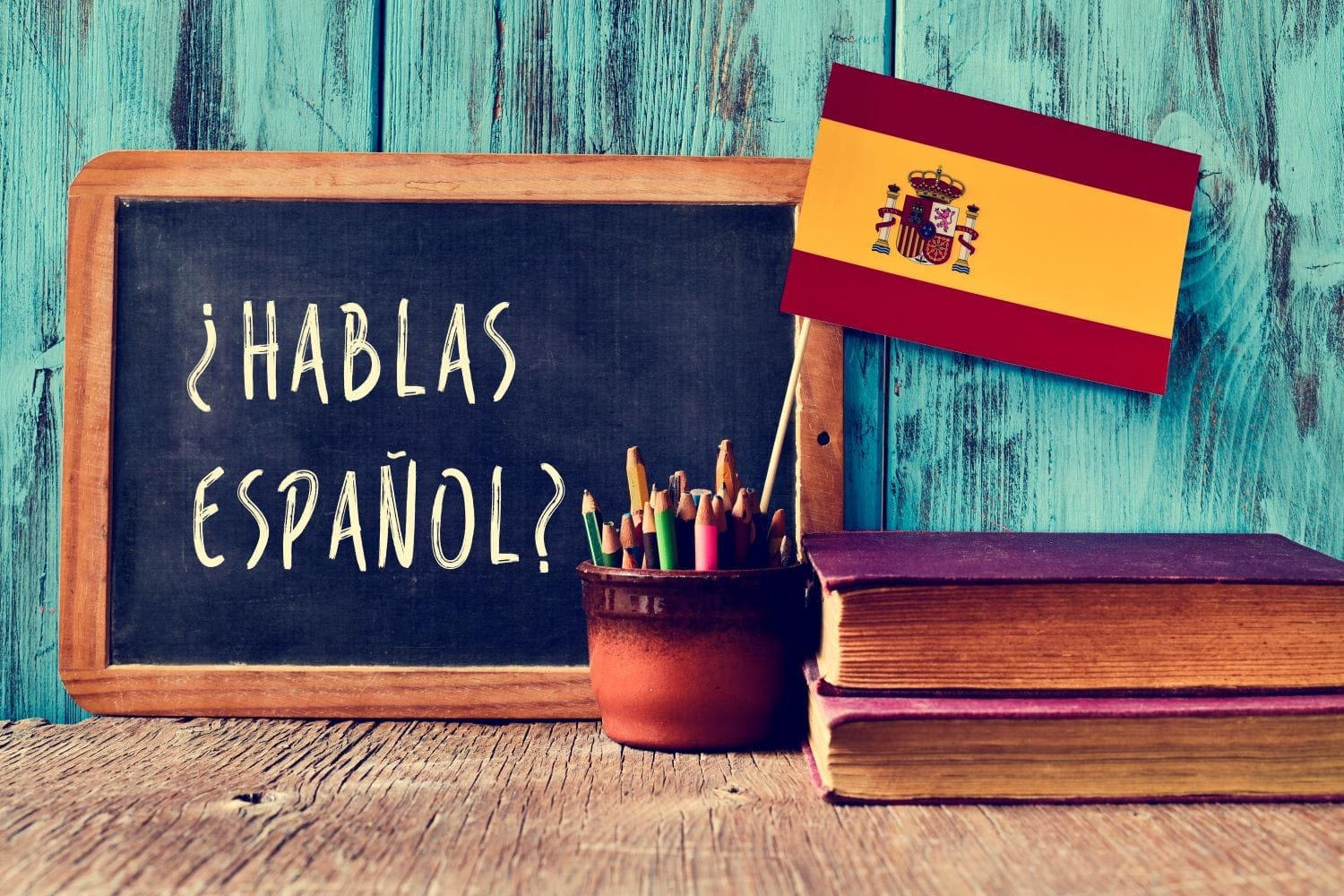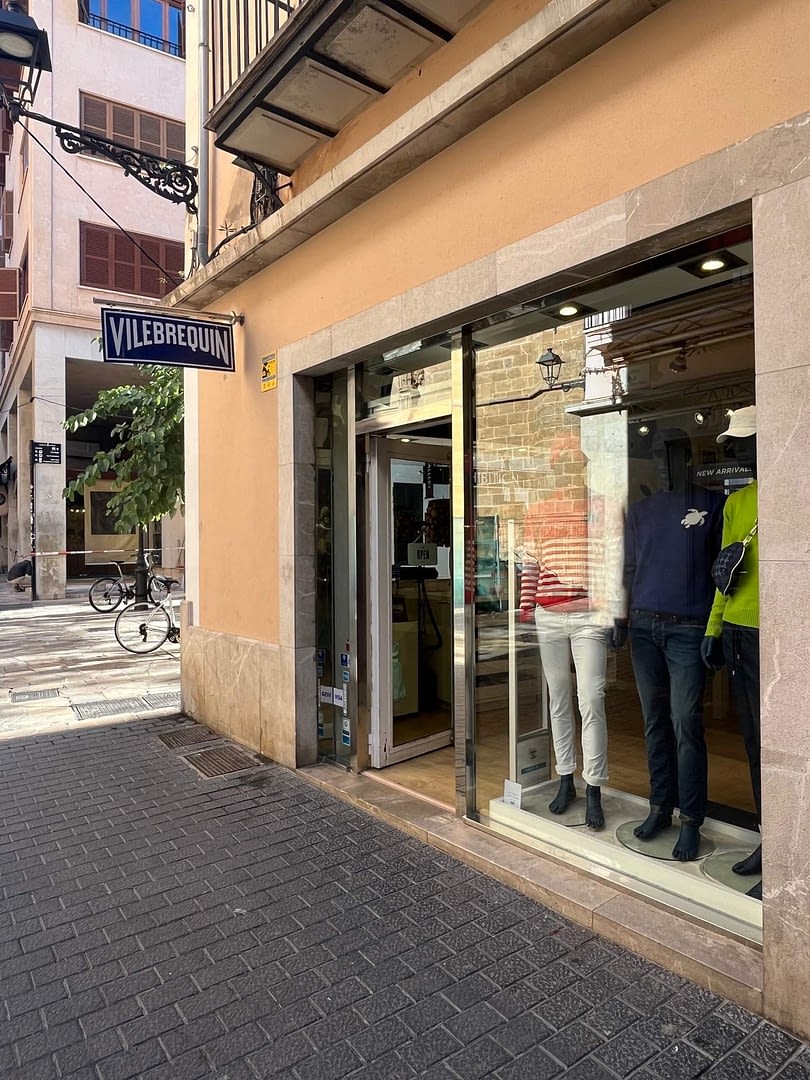8 Easy Sustainable Living Tips from the Mediterranean
The Mediterranean lifestyle is widely associated with health, relaxation, and a deep connection to nature. But beyond its well-known diet and slow-living philosophy, the Mediterranean way of life also offers a wealth of sustainable living practices. Rooted in tradition, these eco-friendly habits emphasise reducing waste, reusing resources, and making the most of what nature provides. If you want to adopt a greener lifestyle, here are some sustainable living tips inspired by the Mediterranean culture.
To find out more about the Mediterranean lifestyle, click here.
Reducing Food Waste with Traditional Cooking
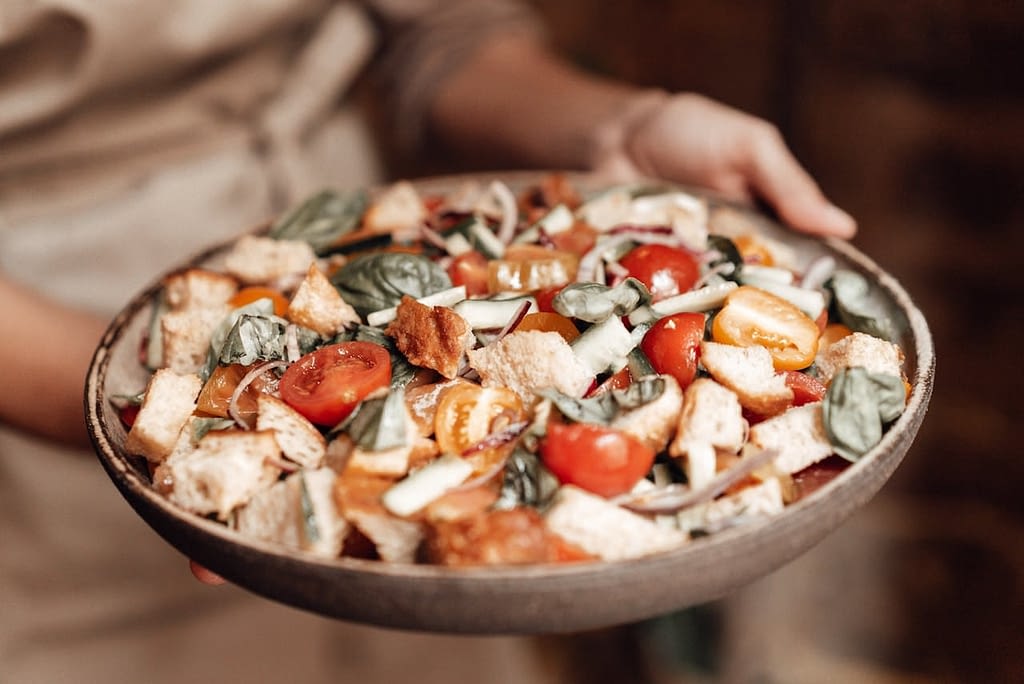
One of the cornerstones of Mediterranean living is mindful cooking. Food waste is minimized in many Mediterranean households through creative cooking techniques that make full use of ingredients.
Leftovers are often repurposed into new meals, such as turning stale bread into croutons, soups or salads like Italy’s panzanella or Spain’s sopa de ajo (garlic soup). Seasonal produce is also preserved through canning, fermenting, and sun-drying to help reduce spoilage while keeping food available year-round. Meals are also prepared with fresh ingredients in moderate portions, reducing the risk of overconsumption and waste.
Click here for tips and different ways to preserve your fruit and vegetables.
Composting: Returning Nutrients to the Earth
In rural Mediterranean regions, composting has long been a natural way to enrich soil. Compost organic kitchen scraps, such as fruit peels, coffee grounds, and vegetable leftovers, rather than discarding them.
Even if you don’t have a garden, use a small composting bin in an urban environment, such as a balcony. Many Mediterranean homes have small herb or vegetable gardens, where compost helps nourish the soil naturally.

Sustainable Water Use
Water conservation is deeply ingrained in Mediterranean culture due to its hot, dry climate for sustained periods.
Many traditional homes have rainwater collection systems to use for irrigation. Planting native, drought-tolerant plants like lavender, rosemary, and olive trees reduces water consumption. Generally, being more mindful with water usage by introducing some simple habits like reusing cooking water for watering plants or taking shorter showers all help to conserve water.
Reusing and Repurposing Everyday Items
The Mediterranean approach to sustainability values quality over quantity, encouraging people to reuse and repurpose items rather than discarding them.
Instead of throwing away glass jars and bottles, use them for storing homemade sauces, oils or even turn them into decorative vases. Fabric napkins and shopping bags reduce single-use plastics. Instead of buying new furniture, many Mediterranean households refurbish and repaint old wooden pieces, extending their lifespan. A fantastic alternative to plastic film are beeswax wraps. Make these at home with just a few ingredients. See instructions below:
Making Beeswax Wraps
Materials Needed:
- 100% cotton fabric
- beeswax pellets
- jojoba oil (optional)
- parchment paper.
How To Use:
- Simply warm the wrap with your hands to mold it around food or containers.
- Wash with cool water and mild soap to reuse.
- Do not use to wrap raw meat.
Instructions:
- Preheat your oven to 100°C (212°F).
- Cut the fabric into desired sizes.
- Place the fabric on a baking sheet lined with parchment paper.
- Sprinkle beeswax pellets evenly over the fabric.
- Add a few drops of jojoba oil for added flexibility.
- Place in the oven for 5 minutes until the wax melts.
- Use a brush to spread the melted wax evenly.
- Let it cool and harden before using.
Buying Locally and Seasonally
Eating seasonally and supporting local farmers are fundamental aspects of Mediterranean living that promote sustainability. Buying fresh, local food from farmers’ markets reduces carbon emissions from long-haul transportation and supports small-scale agriculture. Markets most often sell goods without excessive plastic packaging, reducing waste.
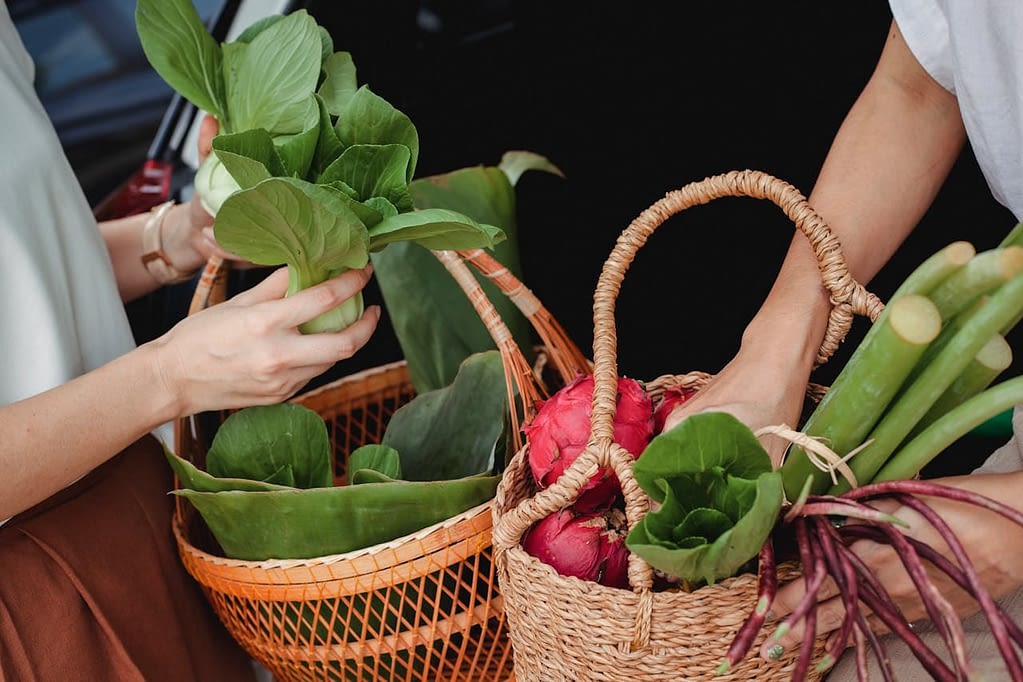
Eco-Friendly Transportation: Walking, Cycling, and Public Transport
Mediterranean cities and villages are often designed for walking and cycling, reducing the need for cars. Many Mediterranean communities prioritise walking over driving for daily errands. Bicycles and well-connected public transport systems offer eco-friendly alternatives to cars. In rural areas, carpooling is a common practice to reduce fuel consumption and costs.
Sustainable Fashion and Natural Fibers
Mediterranean fashion embraces timeless style and quality over fast fashion. Instead of frequently buying new clothes, Mediterranean fashion favors durable, well-made pieces. Natural fabrics such as cotton, linen, and wool are used over synthetic materials, reducing microplastic pollution. Also, locally crafted artisanal clothing and accessories support traditional crafts and reduce industrial waste.
Living with Less
A key part of the Mediterranean philosophy is prioritizing experiences over material possessions. Homes are minimally decorated with meaningful, quality pieces rather than excessive consumer goods. The Mediterranean social life generally revolves around family, friends, and shared meals and experiences rather than shopping and material accumulation.
Instead of throwing away old items, many Mediterranean households embrace DIY projects to upcycle and breathe new life into furniture and decor.
Summary
The Mediterranean way of life offers valuable lessons in sustainability through simple, mindful habits. By reducing food waste, conserving water, buying locally, and embracing a minimalist approach, you can incorporate eco-friendly Mediterranean traditions into your own life.
Sustainable living doesn’t have to be complicated—it’s about making small, consistent changes that respect the environment while enhancing your quality of life. Whether you start by composting, shopping at local markets, or reducing single-use plastics, every step brings you closer to a more sustainable and fulfilling lifestyle.
To read more about Mediterranean-inspired health and wellbeing, click here.

